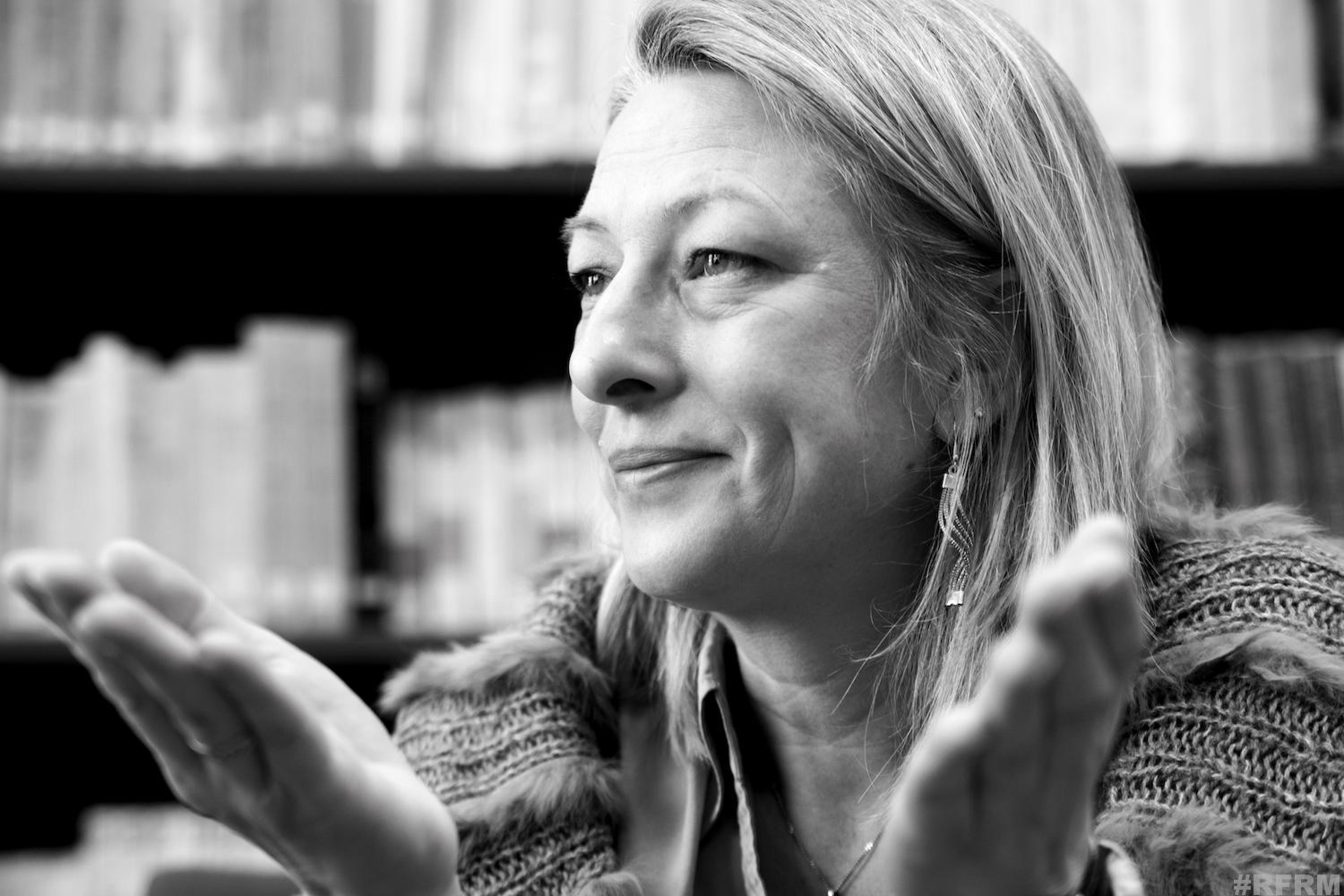Establishing independent judicial system should top the agenda for future reforms, says UN expert
NEW YORK (26 October 2020) – The UN's human rights expert on Belarus called on the Government to promptly stop repressing its own people and establish an independent judicial system as a way to overcome the current political crisis in the country.
"For almost three decades, Belarus has failed to ensure the independence of its judiciary, implying that the rule of law remains unguaranteed, and human rights unprotected," Anaïs Marin, Special Rapporteur on the human rights situation in Belarus, said during the presentation of her second thematic report to the UN General Assembly.
The report, covering the period up to 15 June 2020, focuses on the administration of justice in Belarus, in particular juvenile justice, and on the judicial harassment of members of civil society.
In Belarus, the judiciary and the court system are subject to the excessive control of the executive branch, as shown in the procedures for the appointment, tenure, and removal of judges that violate the principles guaranteeing the independence of judges.
The executive branch's control also extends to prosecutors, who enjoy legal and procedural powers that are not available to the same extent for defence lawyers. "This translates into an advantage for the prosecution that violates the principles of the right to a fair trial, and presumption of innocence," Marin said.
The Special Rapporteur also noted that Belarusian legislation significantly limits the independence, and curtails the freedom of expression, of lawyers. The executive branch tightly controls the licensing and activities of lawyers, who often exercise their profession under threat of being arbitrarily disbarred or have their licenses revoked – notably, if they are critical of the Government or when they defend clients who are perceived to be expressing dissenting views.
Furthermore, concerns persist about the legislative framework pertaining to juvenile offenders, especially children convicted for non-violent drug offences. Forced labour and low standard of healthcare in places of detention negatively affect children's health – notably in times of the COVID-19 pandemic – whereas international human rights standards require that the arrest, detention or imprisonment of a child shall be used only as a measure of last resort and for the shortest appropriate period of time.
Special Rapporteur Marin noted that the human rights situation significantly worsened in the run-up to and after the 9 August presidential election. Post-electoral mass protests, which have been largely peaceful, have been violently repressed by the police. At least 20,000 people were detained in August and September alone; hundreds were reportedly beaten, intimidated, tortured or ill-treated while in detention. In these circumstances, the judiciary and court system continued selectively using the legislation to intimidate or harass dissenting voices, while rubber-stamping systematic human rights violations perpetrated by state agents.
Belarusian prosecutors launched over 400 criminal cases against protesters, while allegations of torture and ill-treatment, still being reported as protests enter their 10th week, are not being thoroughly investigated.
"The deeply-rooted, systemic deficiencies of the judiciary, which I highlight in my report, imply that the fundamental freedoms and human rights of Belarusians are not only being violated on a daily basis: they are left unprotected," Marin said. She stressed that, "dissenting voices should not be silenced, but should instead be listened to, because their main claim is, after all, that rule of law be respected in Belarus."
Marin expressed her regret that, in not recognizing her mandate, the Belarusian authorities had deprived the country of a chance to cooperate with the UN Special procedures. She called on all stakeholders to engage in a constructive and transparent dialogue, inclusive of all representatives of civil society, and to act upon the recommendations reflected in her report so that Belarusians could have a judiciary system compliant with international human rights standards.


















